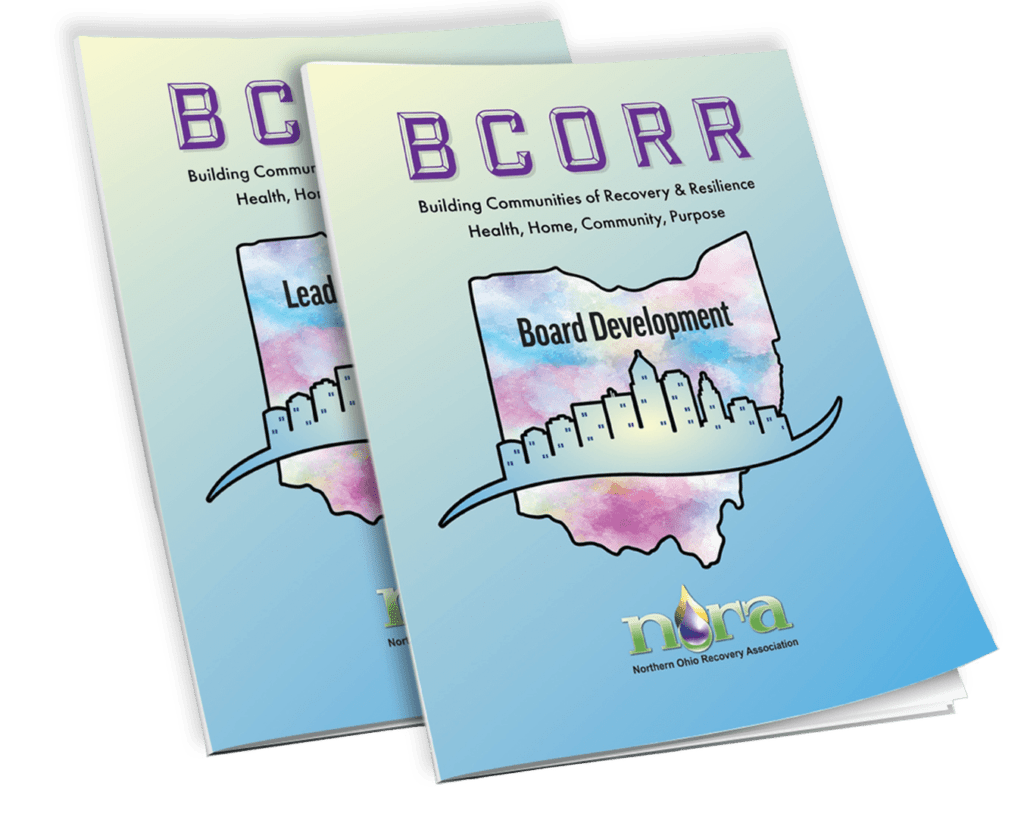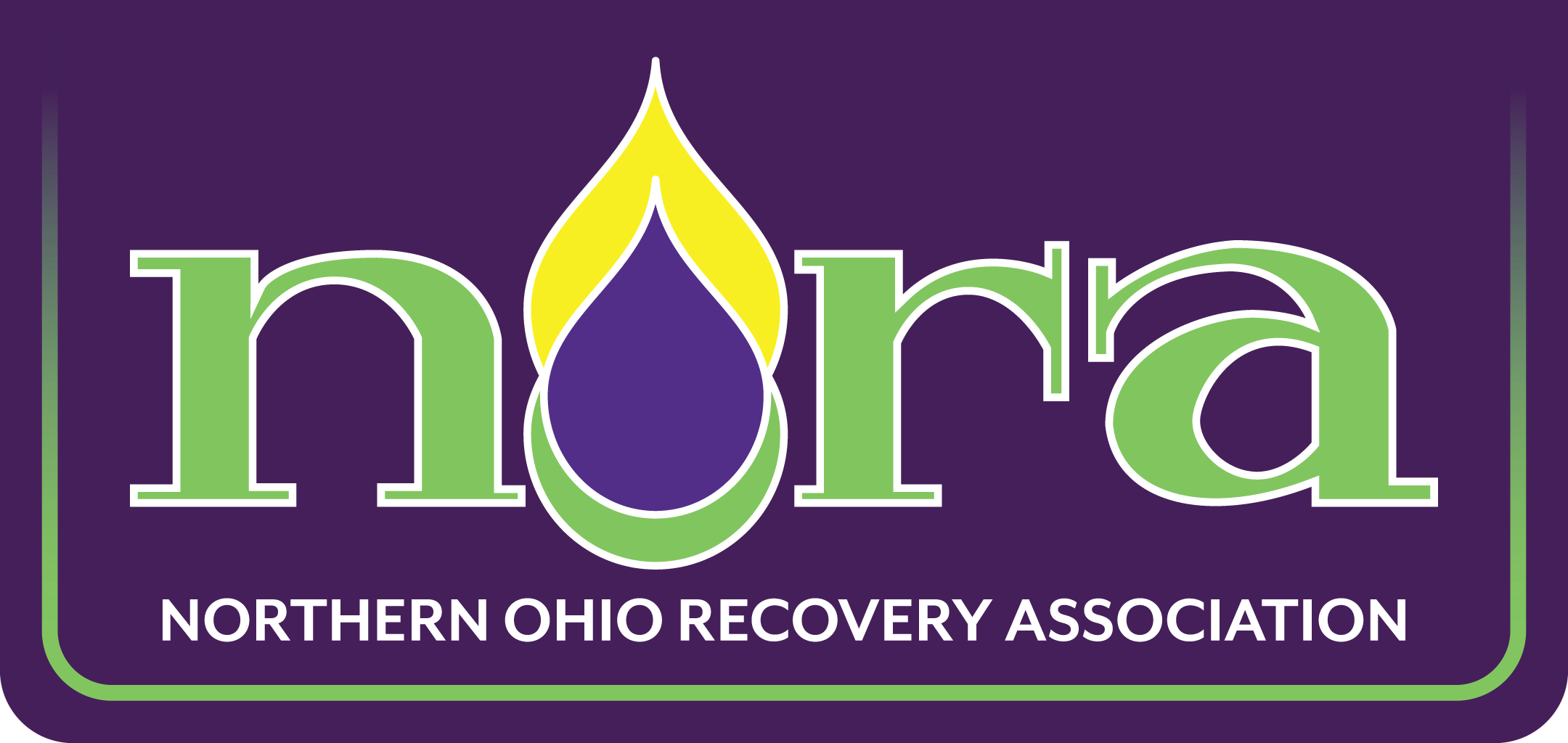NORA Training Programs
Stay Motivated & Inspired to Continuously Work Towards Your Future.
Chemical Dependency Counselor Assistant Training
The Chemical Dependency Counselor Assistant (CDCA) certification was developed by the Ohio Chemical Dependency board to assist individuals in becoming credentialed to work in the addictions field. The CDCA certification is the first step in becoming a certified chemical dependency counselor. It requires 40 hours of chemical dependency specific education in the following areas:
- C1 - Theories of addiction (5 hours)
- C2 - Counseling procedures & strategies with addicted populations (14 hours)
- C3 - Group process & techniques for working with addicted populations (5 hours)
- C4 - Assessment & diagnosis of addiction (3 hours)
- C8 - Treatment planning (7 hours)
- C9 - Legal & ethical issues pertaining to chemical dependency (6 hours)
Individuals with a CDCA certification can work with substance use clients under supervision in a variety of settings including behavioral health agencies, addiction, and treatment centers.
Upcoming In-Person Training
When: May 5th – May 9th, 2025
Where: 1400 E55th St., Cleveland, OH 44103
Please note: Anyone who is currently on probation or parole will not be able to obtain a license until after their probation/parole has ended. However, individuals are still able to complete the training while on probation/parole.
For a complete list of requirements for CDCA Phase I and Phase II of the certification, visit the Ohio Chemical Dependency Board.
B C O R R
FREE Board Development & Leadership Training for Your Community

Our job, as professionals who provide treatment and support, is to provide clients with resources to succeed. Recovery is achievable, and it’s a reality for millions of people around the country. We must work together to provide a comprehensive program that can facilitate personal growth and increased levels of wellness across all aspects of life.
This curriculum provides the tools new board members will need to educate legislative bodies, sponsors, and influential individuals about the need for expanded treatment, recovery, and support services. It also provides guidance and activities to help you build communication, fundraising, and professional skills specific to your role as a board member. NORA hopes that, with education and understanding, more individuals will take an active part and not only help disseminate information but also provide financial support.
We all know that the journey to recovery is a long one. But it doesn’t have to be a lonely one. With your help, we can build stronger communities by empowering those seeking recovery. Your work will also help reduce the stigma of addiction and treatment and improve the lives and recovery outcomes of millions of Americans.
FREE Upcoming BCORR Leadership Training
BCORR Trainings Presented by
President & CEO
Anita Bradley, MSW, LSW, LICDC – CS
Anita Bradley is the Founder and Executive Director of the Northern Ohio Recovery Association. Its acronym is NORA. A graduate of Kent State and Cleveland State Universities, she earned a bachelor’s degree in criminal justice studies and a master’s degree respectively. Bradley founded the Northern Ohio Recovery Association in 2004 to prevent the use of alcohol, tobacco and other drugs utilizing a holistic healing and recovery approach.
Bradley has been in recovery for over 25 years, blending personal and professional knowledge, in her approach. Anita has served as clinician and administrator, receiving numerous local leadership and volunteer service awards. The U.S. Presidential Administration of Barack Obama called on her to lend expertise on substance abuse and prevention. Anita is the winner of Smart Business Magazine’s Women Who Excel Entrepreneur Award; winner of the Joel Hernandez Community Recovery Award; and the 2016 White House Champion of Change; she opened the Next Step Recovery House and Genesis on the Lake, a residential housing facility; and successfully built a fully functional peer-to peer-training program. She is also the inspirational catalyst behind an ongoing recovery month event called the Ohio Recovery Ride. Her achievements in the planning and implementation of new and evolving substance abuse treatment programs are too numerous to mention.
Ms. Bradley is the former Executive Director of Compass House, Inc., located in Lorain, Ohio. Compass House is noted for being the Lorain County’s largest residential treatment center. With oversight of a 1.5 million dollar budget, her responsibilities included management of a 30 member staff and more than 100 volunteers. During her tenure, she successfully garnered funding, cultivated relationships, enforced service standards and policies while monitoring the Board of Trustees and agency funding partners.








